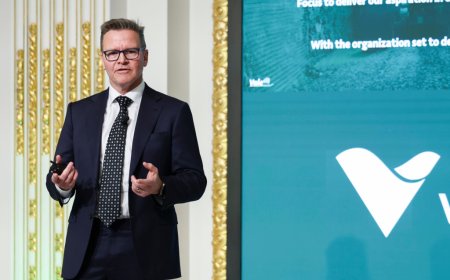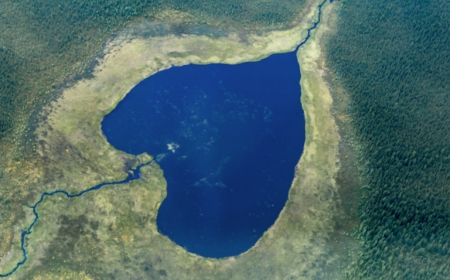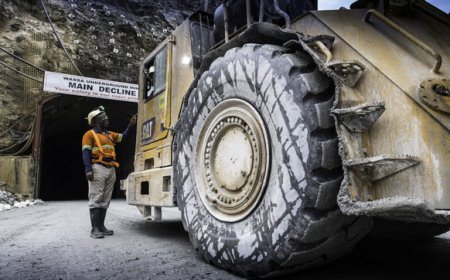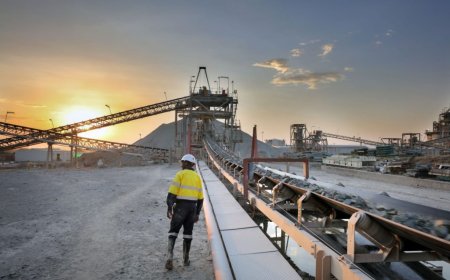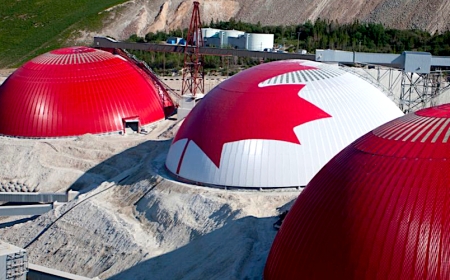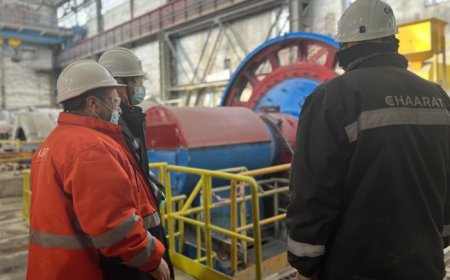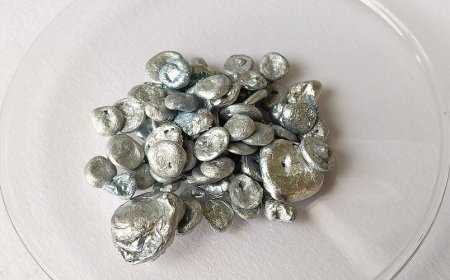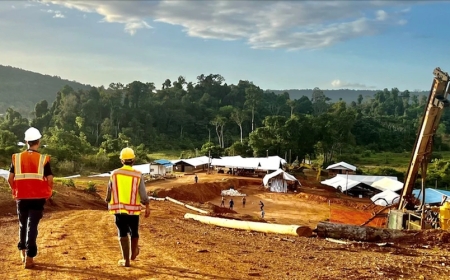Fortuna on track for African gold while riding out Mexican standoff, Peru protests
Fortuna Silver Mines (TSX: FVI; NYSE: FSM) is pushing through a deadlock with Mexican authorities and the worst riots in Peru in decades without cutting production, even as it remains on schedule for first gold in Côte d’Ivoire within months.
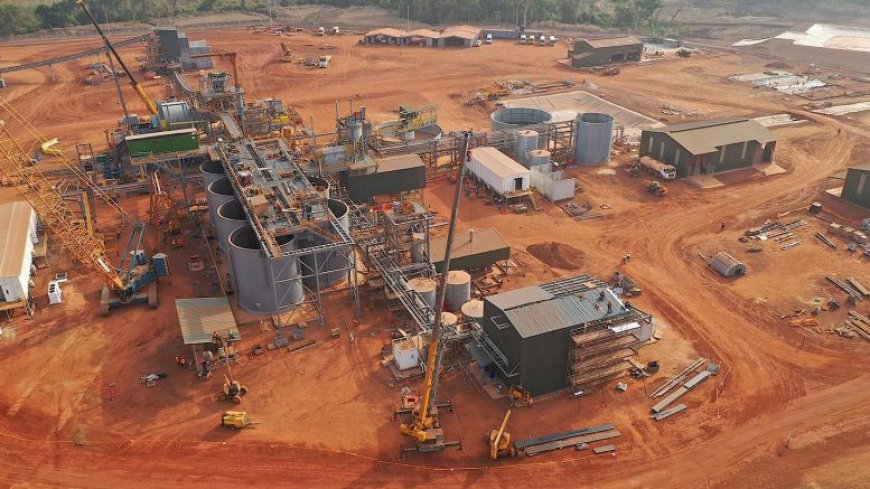

Vancouver-based Fortuna, which also operates in Argentina and Burkina Faso, expects to be fighting the Mexican government in court well into next year over a disputed environmental approval of the San Jose mine near Oaxaca City in southern Mexico. Production continues under the protection of an injunction granted last month.

“We are in a sort of Mexican standoff with the environmental authority,” Fortuna chief executive officer Jorge Ganoza said in a phone interview this week from Wellington, Fla. “Under the current administration, Mexico has a bit of an adverse attitude towards mining investment. They openly advertise they are not issuing more environmental authorizations for open pit mining.”
Ganoza said authorities in October 2021 denied a 12-year environmental permit renewal for the mine, which began production in 2011, then granted it, then said it was a typo and should be only two years, then said it could be six years. Fortuna has won in court at every twist so far.
The intermediate producer, which is targeting total output this year of as much as 320,000 oz. of gold and 6.9 million oz. of silver, is on track to start production by the end of June at the Séguéla gold project in Côte d’Ivoire, which it acquired along with the Yaramoko mine in Burkina Faso with the $1-billion purchase of Roxgold in 2021 to enter West Africa. Negotiations are continuing with the Côte d’Ivoire government on taxes for the project about 500 km northwest of Abidjan, the capital.
“The government is pondering the need to continue providing tax breaks for mining investment,” the CEO said. “We are of the position that the change should apply for new investments. We’ve been in Côte d’Ivoire for a number of years through our predecessor company there.”
The open pit Séguéla operation is to produce an annual average of 133,000 oz. for the first six years with all-in sustaining costs of US$880 to US$1,080 per ounce. Fortuna increased the construction budget in 2021 by US$25 million to US$173.5 million to tackle forecast inflation, while also mitigating its impact by ordering key equipment early to secure prices and advancing detailed engineering as far as possible before construction.
The operation also gains from cost efficiencies among Côte d’Ivoire, Ghana, Burkina Faso, Senegal and southern Mali in a region of West Africa the size of Texas.
“All of that growth and gold production in such a small area has led to a lot of expertise being built up,” Ganoza said. “It’s a very competitive market for anything you need to build a mine.”
Peru operation continues
Fortuna is benefiting from the remote location of its Caylloma mine in Peru’s southern department of Arequipa. While some 60 people have died in nationwide riots since former president Pedro Castillo was ousted in December for trying to illegally dissolve Congress, the silver, gold, lead and zinc mine has been unscathed. It holds large supplies to outlast national highway blockades.
“Our mine production has not been impacted in any way,” Ganoza said. “The town had some short-term blockades for two or three days, but nothing material or anything that impaired our ability to conduct business.”
Still, the company must contend with a major asset in a country which has damaged its mining business credentials for years and might require more concessions from miners to recover. And last month in Burkina Faso, Fortuna slashed its proven and probable reserves by 43% at the Yaramoko mine complex. Fortuna found errors in surveying at Yaramoko’s 55 zone after the purchase from Roxgold, but Ganoza prefers to consider how the company has increased its overall resources by about 17% in the last 18 months.
“The driver for the acquisition was never the Yaramoko mine, it was the Séguéla project, so when I look at West Africa, I look at it globally,” the CEO said. “We always knew the Yaramoko crown pillar was a bit of a risky proposition.”
Fortuna will continue to digest the acquisition with more exploration in its West Africa assets, particularly the multiple targets it’s identifying along the 30-km strike it controls on the 620-sq.-km Séguéla property.
“Our mode right now is to harvest the portfolio,” Ganoza said. “Before we go looking for answers that we have to pay for somewhere else, let’s make sure we unlock the value we have here in our ground.”
Fortuna shares were up just over 1% Wednesday morning in Toronto at $4.67 apiece, in a 52-week window of $2.82 and $6, valuing the company at $1.3 billion.
